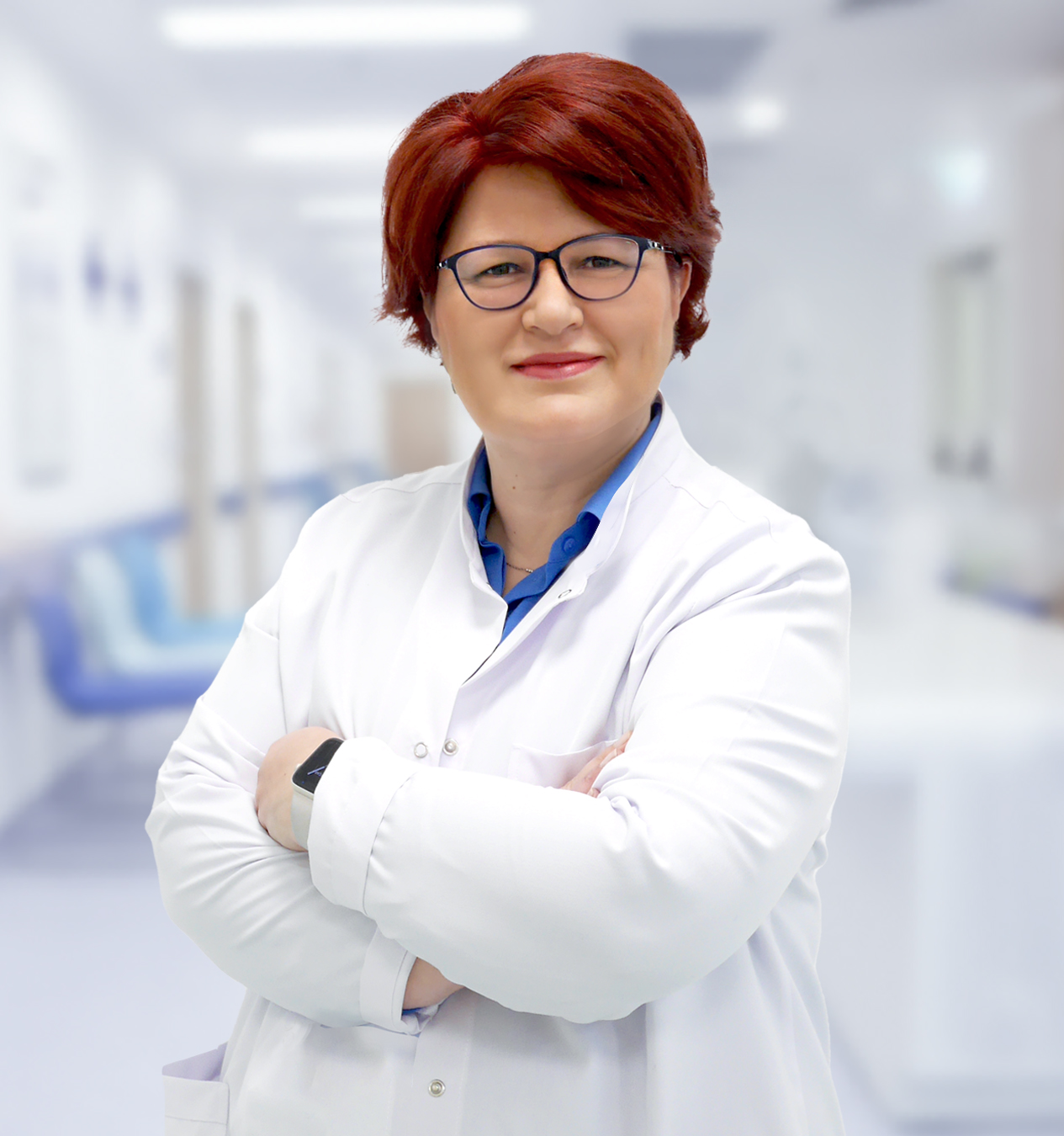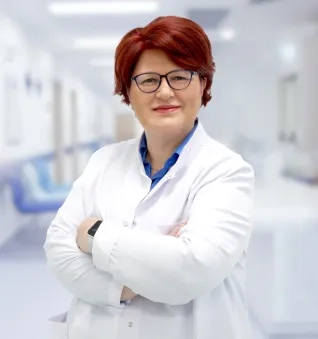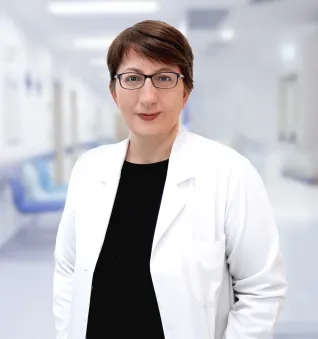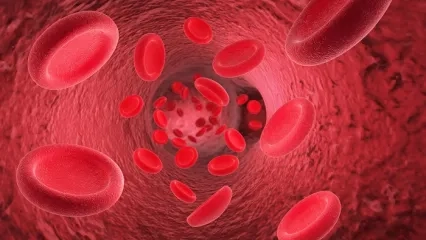Alo Yeditepe
Alo Yeditepe
Environmental Factors and Obesity Increase Risk of Multiple Myeloma
As in many types of cancer, significant advances have been observed in the treatment of multiple myeloma in recent years. Yeditepe University Koşuyolu Hospital Internal Medicine and Hematology Specialist say that the diagnosis of multiple myeloma is mostly made between the ages of 65-70, but it can also be diagnosed at a younger age in recent years.
When it comes to malignant blood diseases, multiple myeloma takes second place after leukemia. It is also vital because of the problems it can cause to the immune system, kidneys, and bones. Yeditepe University Koşuyolu Hospital Internal Medicine and Hematology Specialist made important statements about the disease, which is encountered in 4 people out of 100 thousand in our country.
Environmental Factors and Obesity Increase the Risk
There is no clear information about why the disease occurs. However, it is known that people with certain risk factors are more likely to develop the disease. Today, accepted factors include exposure to chemicals, petroleum, and radiation. Our specialist says that although a definite relationship cannot be established between the dietary habits, it is observed more frequently in those on a diet high in animal fat and in obese people compared to those who eat mainly vegetables and fish. However, occupational and environmental factors are also among other possible causes. The petroleum and leather industry, the agricultural sector, and especially the nuclear industry are considered risky sectors for the development of multiple myeloma.
For this reason, our specialist underlines that complaints such as fatigue, anemia, and loss of appetite can be seen in many diseases in daily life, and therefore, people in the risk group should be much more careful about the disease.
Symptoms Can Be Confused with Other Diseases
Explaining that multiple myeloma can rarely be diagnosed in the early stage because it progresses without many symptoms in the early stage, our Hematology Specialist said, “For this reason, it is extremely important to keep in mind the possible multiple myeloma disease and to perform the necessary tests in people over 40 years of age who apply to the physician with complaints of weakness, low back/back pain, involuntary weight loss and/or kidney failure.” Our specialist gives the following information about the symptoms of the disease: “Multiple myeloma can cause many different symptoms depending on the deterioration of the immune system, insufficient production of normal blood cells in the bone marrow, destruction caused by abnormal plasma cells and the proteins they secrete, increased blood density, and damage to bones and kidneys.” Among them are:
- Bone pains (especially waist and back), easy bone fractures
- Weakness, getting tired quickly
- Decreased effort capacity
- Weight loss and loss of appetite
- Decreased cognitive capacity, drowsiness
- Excessive thirst and frequent urination
- Nausea, vomiting, and cloudy vision
- Frequent febrile illness
There Are Significant Advances in the Treatment
Stating that multiple myeloma can remain stable without progressing for a long time, our Hematology Specialist said, “Asymptomatic people with the early-stage disease can be followed up without medication. Advanced-stage patients with disease-related symptoms should be treated.”
Our specialist stated that the general condition of the patient is very important when planning the treatment of the disease and said, “Many factors such as the patient's age, weight, comorbidities, organ functions in general, and immune status are evaluated together. Accordingly, a personalized treatment plan is created for each patient.” Our specialist made the following statement about the treatment approach:
“In the last 10 years, many innovations and treatment options have been developed in the treatment of multiple myeloma. Previously, all of the drugs used in the treatment were chemotherapeutic drugs, but nowadays they are mostly used in combination with smart drugs that are not in the chemotherapeutic class. In this way, while the side effects related to drugs are reduced, the response rates to treatment are increased and the life expectancy of the patients is significantly extended.
Response evaluation is made after these drug combinations are used for 3-6 months. Patients younger than 75 years of age who respond to treatment and have good organ functions (lung and heart) receive consolidation treatment with autologous (from himself/herself) bone marrow transplantation. Subsequently, oral treatment is usually continued with non-chemotherapeutic drugs so that the disease does not recur after transplantation. For patients who are not suitable for autologous blood stem cell transplantation, drug treatments are continued. In case of recurrence or progression of the disease, it is tried to be treated by combining drugs that have not been used before. Rarely, young patients with a suitable donor are treated with allogeneic (from someone else) bone marrow transplantation.”
You can visit the page for detailed information about Yeditepe University Hospitals Bone Marrow Transplantation Clinic.
Press Coverage: mynet.com | haberler.com | dha.com
About
Faculty and Year of Graduation:
Marmara University Faculty of Medicine, 1996
Alo Yeditepe






